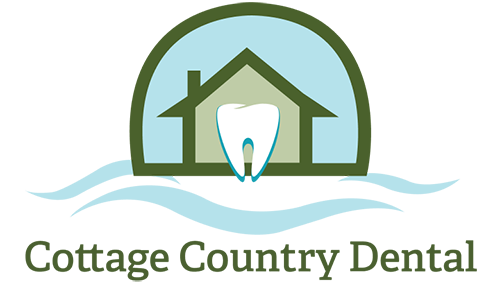
Candidates for Dentures
Did you know that around one-quarter of adults over the age of 65 are missing all of their teeth? Dentures are a common and respectable solution to missing teeth. They are so dependable and natural-looking that you’ve probably spoken to someone with dentures and didn’t even know it. Do you think you might be a good candidate for dentures?
- Wish to replace several or all of your teeth.
- Not smoke or use other tobacco products.
- Have a healthy jawbone (we can help you with this!).
- Not suffer from dry mouth.
- Be prepared to take good care of your dentures at home.
- Continue to visit the dentist for routine exams – just like with natural teeth!
To be a good candidate for this restorative treatment you should:
How do I take care of my dentures? Take care of your dentures with routine cleanings and examinations. Even patients with perfect prosthetics need to visit their dentist from time to time. During your visit, we will take a look at your dentures and how they’re fitting and we will also examine your gums, tongue, jaw and mouth inside and out. In short-- we care about your oral health. Not just your teeth.
- Remove dentures overnight to let your mouth rest.
- Soak dentures in warm water with or without denture cleanser.
- Do not soak dentures with metal clasps in anything but warm water.
- When not wearing dentures, keep them in water so they don’t dry out and warp.
- DO NOT soak in hot water.
- With dentures removed, clean and massage your gums.
- If your toothbrush hurts your gums, run it under warm water or try using a finger wrapped in a clean damp cloth.
- If you have partial dentures, brush your natural teeth as usual.
To care for your dentures at home:
Cost of Dentures in Bracebridge
In
- The type of denture you need.
- Dental extractions or other required preparations.
- Xrays that may be needed.
- Whether or not you get supportive implants.
How is the cost of dentures determined? Here are some important factors:
Every case is different so it's important to speak with a dentist and to have an oral exam to allow us to evaluate your unique situation and provide you with different treatment options to consider. We would be happy to provide you with a more accurate quote.
Contact us today
to schedule an initial consultation & exam.
Your consultation will include an examination of everything from your teeth, gums and soft tissues to the shape and condition of your bite. Generally, we want to see how your whole mouth looks and functions. Before we plan your treatment we want to know everything about the health and aesthetic of your smile, and, most importantly, what you want to achieve so we can help you get there.
Frequently Asked Questions
Google Verified Patient Reviews






